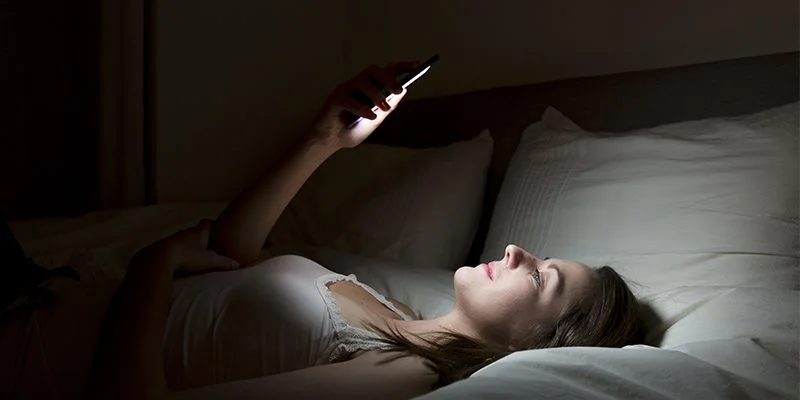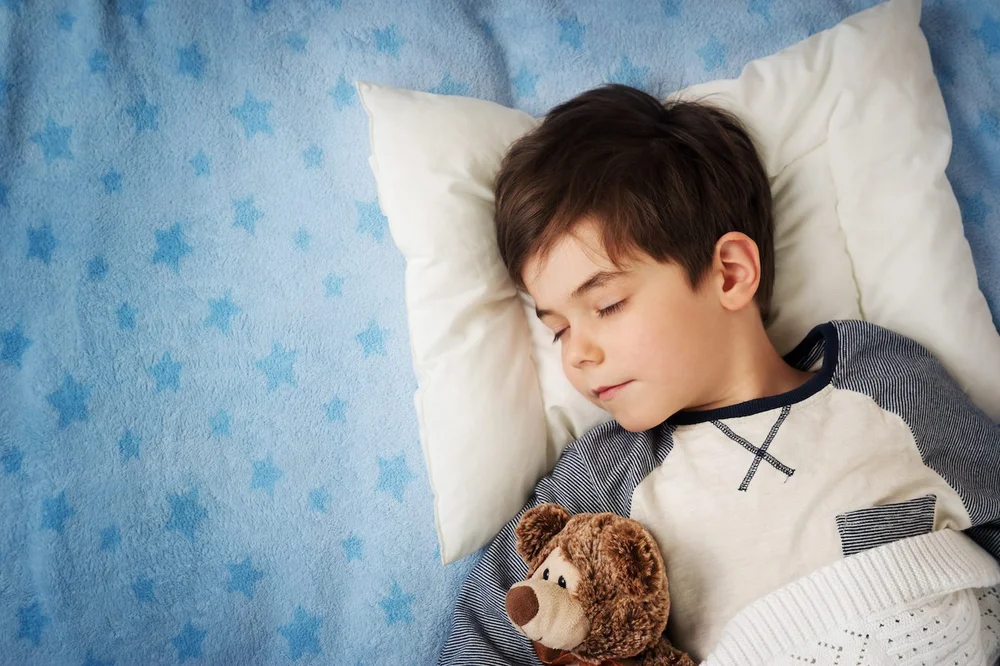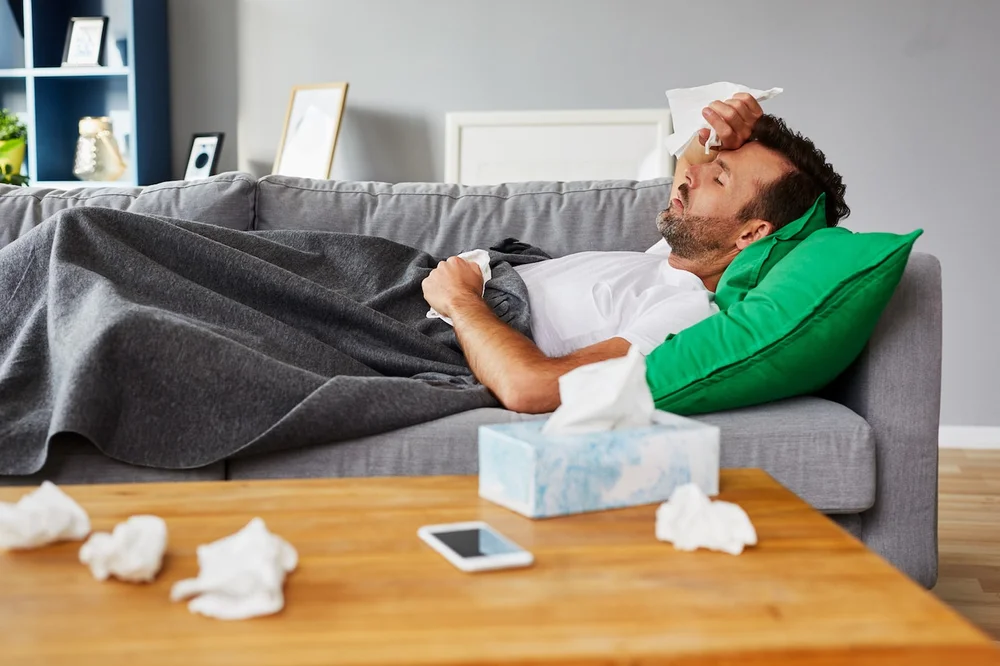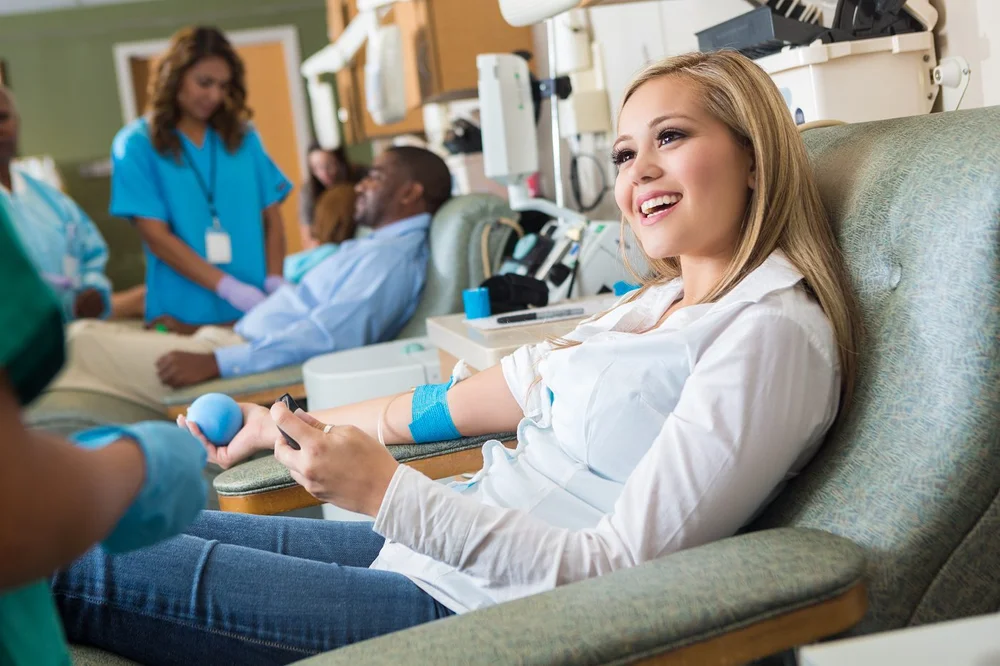10 Tips for a Better Night’s Sleep – Healthy Sleep Practices
Sleep troubles come in many varieties. Do you have trouble falling asleep? Do you go to sleep easily but wake up repeatedly throughout the night? Do you find it hard to drag yourself out of bed in the morning? Do you or your significant other snore? All of these problems can lead to decreased brain function and a weaker body.
If you are one of the 70 million Americans who have trouble sleeping, try some of these tips for getting a better night’s sleep. Remember that we are all unique individuals and what works for one person may not work for another. Keep trying new techniques until you find something that works.
- Instead of sleeping in a warm room…
DO THIS: make sure that the temperature is comfortable and on the cooler side. Research shows that when you go to sleep, your internal thermostat drops. This body temperature change actually induces sleep. Additionally, the comfort level of your bedroom temperature can also dramatically affect the quality your sleep when you do sleep. - Instead of having night lights or a digital clock…
DO THIS: ensure that your room is as dark as possible. A key factor in regulating sleep patterns is exposure to light or to darkness so falling asleep with any light on is not the best thing for a good night’s sleep. - Instead of falling asleep to your favorite TV show or surfing the web to unwind…
DO THIS: Take computers, video games, the TV and cell phones out of your bedroom and turn them off an at least 30 minutes before bedtime since studies demonstrate they emit a type of light that stimulates the brain. - Instead of drinking a glass of wine, using marijuana or eating chocolate before bed to help you sleep…
DO THIS: drink a mixture of warm unsweetened almond milk, a teaspoon of vanilla (the real stuff, not imitation), and a few drops of stevia. This may increase serotonin in your brain and help you sleep. Or try natural supplements that contain ingredients like melatonin, 5HTP (especially for worriers), magnesium, and GABA, such as BrainMD Health’s Restful Sleep or Serotonin Mood Support. - Instead of taking a nap to make up for a difficult night sleeping…
DO THIS: power through until bedtime and get on a regular sleep schedule. Taking naps when you feel sleepy during the day compounds the nighttime sleep cycle disruption. Then work on maintaining a regular sleep schedule – going to bed at the same time each night and waking up at the same time each day, including on weekends. - Instead of going to bed worried or angry…
DO THIS: try to fix emotional problems before going to sleep with a positive text, email, or intention to deal with the issue tomorrow. If you forgive the other person first, you may just end the argument. - Instead of tossing and turning while watching the clock when you can’t sleep…
DO THIS: move the clock so you can’t see it. If you wake up in the middle of the night, refrain from looking at the clock. Checking the time can make you feel anxious, which will only make it harder to go back to sleep. And if you are unable to fall asleep or return to sleep easily, get up and go to another room to do something relaxing until you feel more tired. - Instead of being awakened by every noise you hear…
DO THIS: try sound therapy which can induce a very peaceful mood and lull you to sleep. Consider soothing nature sounds, wind chimes, a fan, or soft music. Studies have shown that slower classical music, or any music that has a slow rhythm of 60 to 80 beats per minute, can help with sleep. If you share the room with someone who snores, try wearing ear plugs. - Instead of lying in bed while finishing the last minute work project or watching the news…
DO THIS: use the bed and bedroom only for sleep or sexual activity. Sexual activity releases many natural hormones, releases muscle tension, and boosts a sense of well-being. Adults with healthy sex lives tend to sleep better. - Instead of going for a late night run or taking an evening exercise class…
DO THIS: make sure to finish exercising at least four hours before you want to go to sleep. Although regular exercise is VERY beneficial for insomnia, doing vigorous exercise late in the evening may energize you and keep you awake.
Latest posts by BrainMD Life (see all)
- Veterans Day: One Warrior Shares Some of the Best Ways to Heal from Trauma - November 2, 2023
- Could Your Mood Issues Be Linked to a Pain In the Neck? - October 13, 2023
- What’s At the Root of Your Sciatic Nerve Pain? - September 20, 2023




If I wake up at night I wonder what time it is, I look at the clock to find out what time it is. When I do this, I can easily go back to sleep if I know it is not time to get up.
What I want to know is if there’s an alternative to earplugs?! My husband snores terribly nowadays, and I’m getting less and less sleep. I’ve tried different sizes and brands of earplugs, but they just don’t work for me. They either fall out or don’t fit in my ear canal correctly, and they irritate me so I can’t relax and sleep. If we had a spare bedroom, I’d sleep there, but alas, we don’t. Any suggestions, anyone?
See my comment above about Dr Buteyko’s work.
Thank you for the information. I’ll look into it!
For years I slept on the sofa when my husband woke me up with his snoring. Simply moving my pillow to the other end of the bed is far enough away from his snoring to allow me to sleep.
I did several years of wearing earplugs & still not getting much sleep! Then I found a mouth guard in Dream Products that works wonderful. The first few weeks my hubby gagged a few times in the night, but now he’s adjusted to it & we BOTH get a good nights sleep!!! Good luck~
I snore at night and what is even more frightening is that my son says I stop breathing.. I go into very deep sleep and then I wake up about five hours later and I will sleep for an hour wake up sleep for and hour etc.. Then I have something like narcolepsy during the day.. I don’t experience this at work because my work is very challenging mentally but at home if I want to read a book see a movies have a good conversation I will fall into a very deep sleep.. I am physically getting weaker and weaker and gaining a lot of weight.. need to know what is available to fight this.
My husband is the same. He sleeps very deeply and snores; other times, it sounds like he struggles to breathe. He’s often tired, even after spending hours and hours in bed. After having recently come across a list of symptoms for sleep apnea, it sounds like he and you may both have it. My friend said her insurance covered an assessment for her and her husband. So, you may want to see your regular doctor and ask him about getting checked for sleep apnea. I suggested the same to my husband, but he’s stubborn and prone to procrastination. Since it’s you that’s suffering from the problem, maybe you’ll have better luck in getting to the bottom of your issue. Hope this helps!
Find a Buteyko practitioner. I’ve been using John Poulton in Bountiful Utah. http://www.bountifulbreathing.com It is definitely worth checking out the website fro useful infomration. Many of his clients he works with remotely. So you don’t have to be physically close to where he is. Hope this helps.
Adelia, you need to contact asap your PMD to do a sleep study for sleep apnea. You are gaining weight, because when we get insufficient sleep the brain releases a chemical that causes us to be hungry in an attempt to maintain homeostasis.
Adelia, I agree with the others advising you to get medically checked out for OSA (Obstructive Sleep Apnea). However, what’s more important are all the other choices you can make every day from here forward:
What you “put into your body” is the biggest one. The food, supplements, and medications, you consume (eating, drinking, or breathing) have the biggest impact of all the options.
I used to be in your shoes and was miserable!
In late 2012 I had a SPECT study done by one of Dr. Amen’s affiliate clinics. The imiges set me on the correct path and following what I’ve heard for most of my life: if it isn’t “real” don’t eat it, don’t drink it, don’t smoke it.
Eat only real food! Real – as in the way it occurs in nature – is the only kind of food your body actually can use.
I began drinking lots of veggies every day using my blender. (I’ve never liked veggies)
I began weaning myself off every fake (man made) food I was raised on.
It was hard and took practice, BUT… it only took 90 days to get past the hardest parts. And by then, i was feeling so much better, SO much better, I was never going back!
Everything about my health is 100% better!
Give yourself three years to get there. (to keep your expectations up and moving forward) Every week make a different choice: do ONE more thing that is good for you, and one less thing that is unhealthy.
Substitute to let go of habitual things. I substituted a bowl of Cheerios cereal for my nightly bowl of ice cream. A month later I was able to skip a night. A week later 2 nights. 90 days out I had let go of ice cream and cereal completely.
But follow rule #1: Never allow yourself to be hungry!
Eat every 3 hours!
As the weight drops, sleep will improve, too!
Elevate your head. I did it for a back issue and the salesman told me it might help my allergies. Sure enough, I don’t have apnea when I’m on my side with my head elevated.
Adelia, check your vit d level in your blood.
Low vit d level can cause sleep apneu.
There is a huge thumbs up that the writer deserves from this post. Not many people would be able to write on a topic about which there is a lot of taboo in the society. This post is educative for all those people who do not know about this topic. This article is an eye-opener in the real sense.
Anyone trying to know about this topic will benefit from this write up. Not only is it interesting but the facts are stated in the most logical manner. Thanks to the writer for presenting something which is fresh and new. Good Luck and keep sharing more info.
This article is really helpful. But I Think so some more tips can be added to it.
Do you know when exactly you fall asleep, how often you wake up during the night, when you’re in your REM sleep and when your sleep is lightest?
Thanks for sharing this list.
I read a few other blogs on sleep and they recommend taking melatonin (it’s over-the-counter) or using a weighted blanket (ideally 7-12% of your body weight). Are there any non-medication tips you can share for people with insomnia?